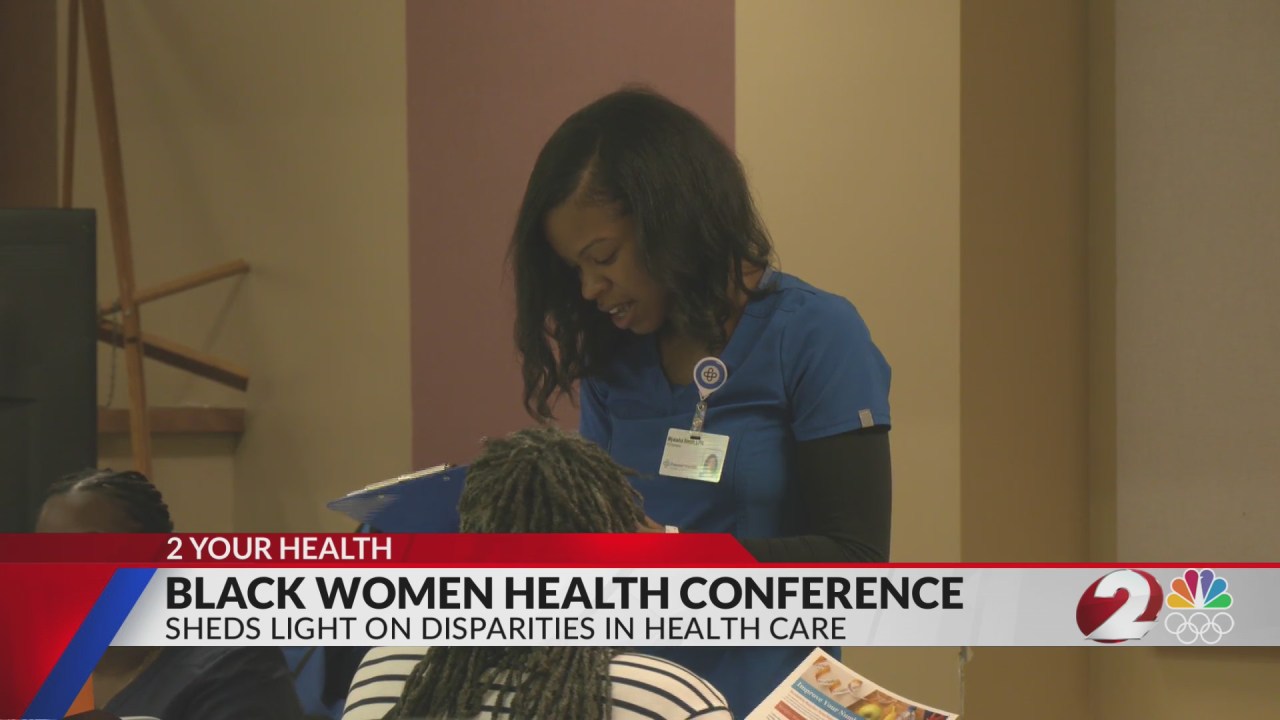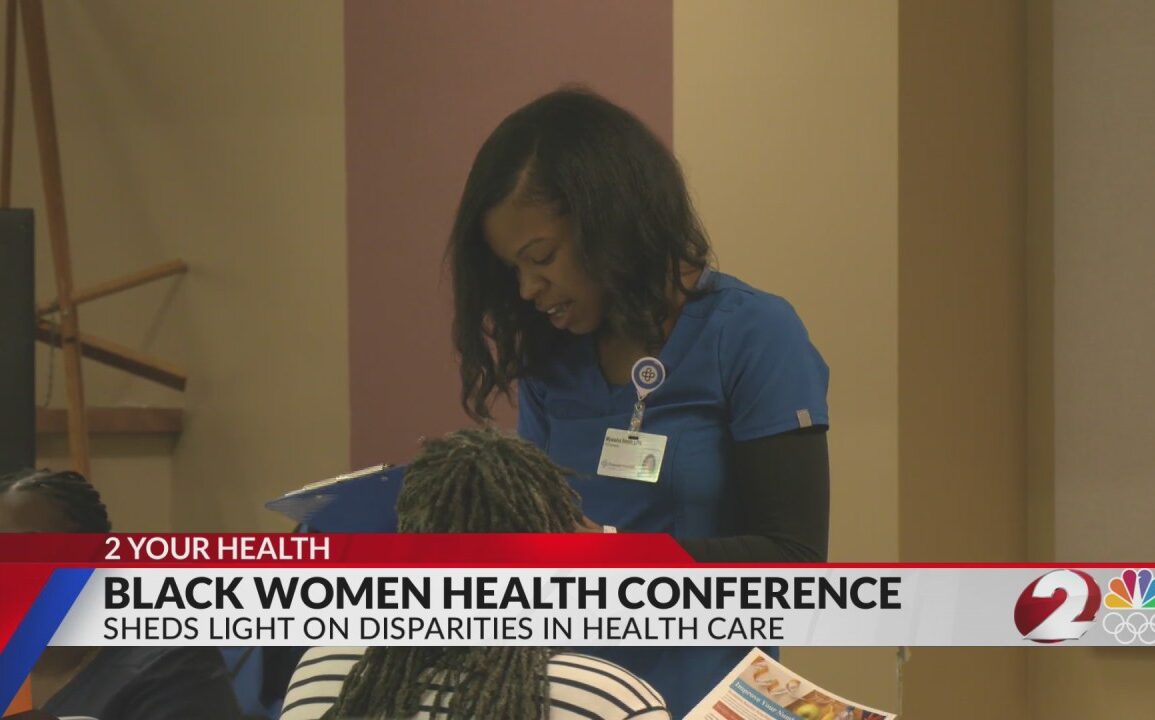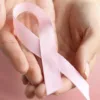
DAYTON, Ohio (WDTN) — Black women are at a disproportionate rate of having unfair treatment with it comes to medical issues.
That includes high infant mortality rates and even struggles to get proper health insurance coverage from providers. A local conference was held today to shed light on disparities in healthcare.
Studies show that Black women are more likely to die from heart health issues than any other demographic in America. At Saturday’s Black Women’s Health Initiative Conference, that issue along with a lengthy list of other concerns that impact Black women were bought to light.
“We have always as Black women, we take care of everybody else,” said Jacqueline Moore, faith organizer for Black Women’s Health Initiative. “And we normally put ourselves on the back burner.”
A little over a year ago, the Black Women’s Health Initiative was formed to address the underlying concern.
Organizers for Saturday’s conference say one goal was to highlight the health issues that the vast majority of Black women face.
“The infant mortality rate is just super high among black women. So we thought it would be a great idea to start advocating and educating our women,” said Moore.
And at the conference, more than 250 people registered to learn and discuss.
The event was held at Mount Enon Church on the west side of Dayton, with even a mobile clinic parked outside to share resources and information about signs of cancer.
And these health concerns are a huge need, despite where you live, according to Sandra Lewis, the base president for the Black Women’s Health Initiative.
“We are people also, do not just based on our zip code on the quality of health services,” said Lewis.
And while it was the biggest, this wasn’t the group’s first conference — they say they’ve done smaller gatherings throughout this past year to educate the community. And they say this is just the start.
“It’s just not a one time event. You know, we are starting a movement, a movement to make change,” said Lewis.
Members of the initiative also say they have been conducting surveys and compiling data that they plan to take to state legislators to get bigger changes made for the sake of Black women’s health.



